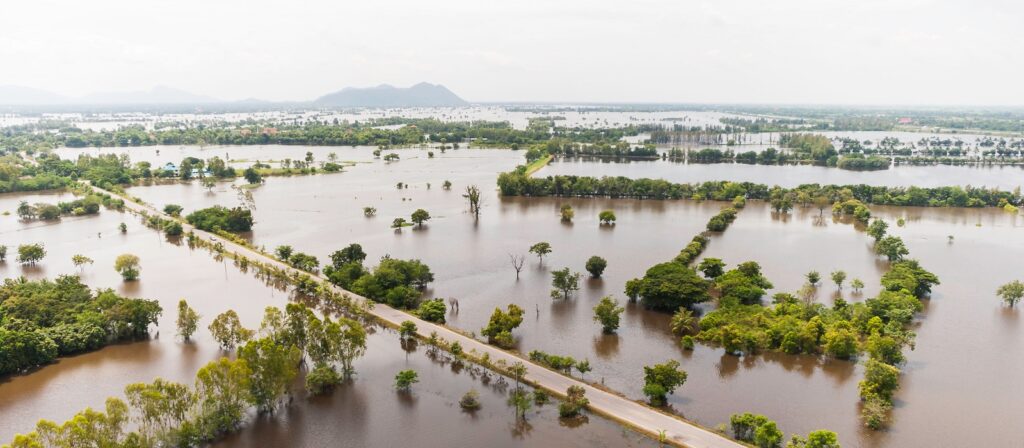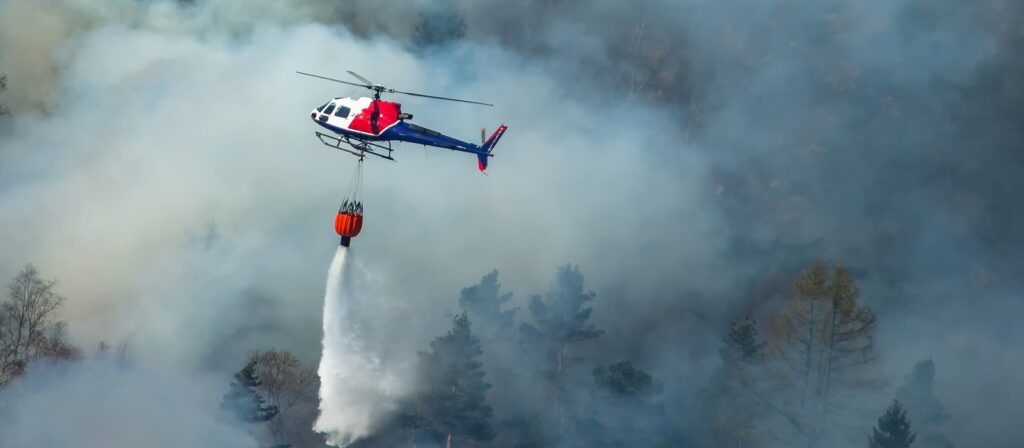Climate change science is currently focused on the regional impact of climate change, there are some net winners and some net losers. For the insurance industry, the big question is what natural perils have the most impact and what is the level of confidence in certainty of projection.
The risks that climate change brings were presented as the following three pillars below. The insurance industry is impacted by all three pillars:
- Physical risk e.g. damage to property.
- Transition risk i.e. from high carbon to new, lower carbon technologies.
- What this means in terms of policy changes, legislation individual choice/habits etc?
- How will climate change effect this transition?
- Liability risk. Some have contributed more to climate change than others. Some who haven’t contributed as much are being impacted the most. This is a potential litigation environment which is being monitored closely.
The push for climate change adaptation is bringing investment opportunities and the insurance industry is well placed to leverage this e.g. risk transfer products and analytics.
The insurance protection gap is increasing. Climate change is a major contributing factor due to increased severity and frequency of perils, as is unequitable wealth creation.
- There is opportunity for growth here, but can it happen sustainability?
- At what stage do governments get involved?
- How does the insurance industry work with government to address the situation and try to transfer some of the risk from the uninsured to the insured, so that some of the risks have ownership?
Regulators worldwide are requesting more transparency from the insurance industry on how they are managing climate change risk.
Climate change provides an opportunity for the insurance industry to clarify its position in society and reposition itself in financial system. It needs to be seen as part of the solution (not the problem) in a post-loss environment, collaborating with others. Mutuals can be looked at as a source of inspiration for this.





